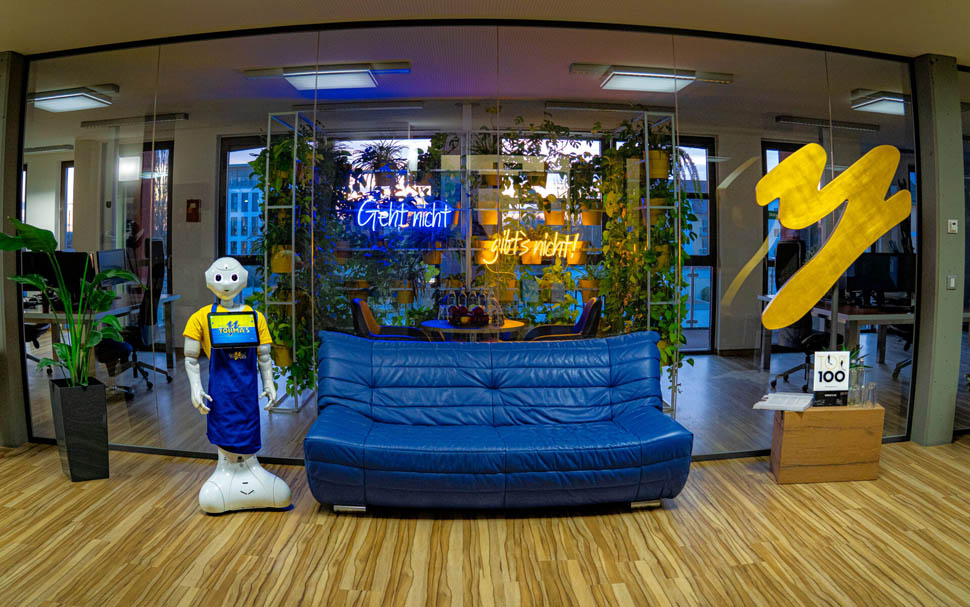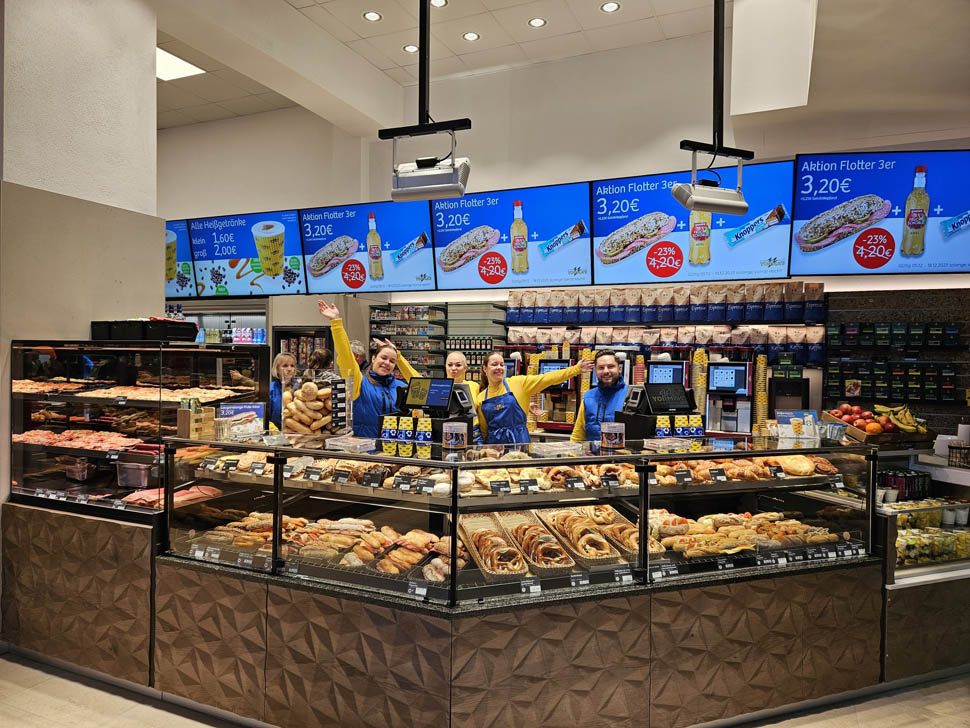With the help of digitalization and artificial intelligence the German brand Yorma’s reduces the workweek without cutting salaries. However, this treatment is reserved for a limited number of people.
The news
The German corporation Yorma’s, a leader among Teutonic gastronomic chains (whose approach resembles, in some ways, that of a large-scale modern bakery), is certainly a great pioneer of the times. If, indeed, since January 2023, the 30 employees of the central headquarters in Plattingen, in Lower Bavaria, have been working 4 days out of 7, now the Board of Directors has proposed to further reduce the workweek to just three days, while keeping salaries unchanged (as reported here by Rolling Pin).

The approach adopted in January of last year is, therefore, only the first step towards a real revolution made possible, in large part, by the use of artificial intelligence and the contribution of employees. "We are already using artificial intelligence to replicate certain formulas and to write texts. We save an incredible amount of time," Tamara Eberl, daughter of the founder and head of the company's creative department, tells Merkur. Yorma’s has been operating in the industry in a completely automated manner for over twenty years, and now, thanks to the advice and feedback of employees, it wants to proceed with further automation of systems.


"Our employees autonomously inform us about what can be omitted or simplified, whether it's artificial intelligence or digitization," Tamara continues. Therefore, the team at the central headquarters has been given the responsibility to study methods to increase efficiency. Numerous pieces of advice have already been received and implemented: "Ultimately, each department knows its tasks inside out, the working environment, its potential, and its shortcomings." The staff at the Plattingen headquarters, where administrative tasks are carried out, will therefore find themselves working from 26 to 28 hours per week from this summer or next autumn while continuing to receive 100% of their salary.

Unfortunately, the same cannot be said for the other 1,200 employees of the 61 outlets scattered throughout Germany (mostly in train stations). While with the organization of suitable shifts, the office can remain open from Monday to Friday despite the "short" workweek, this is not possible for the commercial outlets where quality assorted sandwiches, pastries, and other baked goods are sold, along with salads, fresh fruit cups for travelers, snacks, and hot express beverages. "Unfortunately, it's not possible to switch to a four or three-day workweek in the outlets," explains Eberl.

Branch employees are paid hourly, and a reduction in working hours would impact their salary. For those who argue that the Eberl family could adopt similar hours at the central headquarters because the employees "don't have much to do," or that the disadvantages of such an approach are too many, the response is clear and decisive: "With this system, we simply work more efficiently... I see no downside. Our employees are happy and more productive because they have more free time to spend with family and friends."












